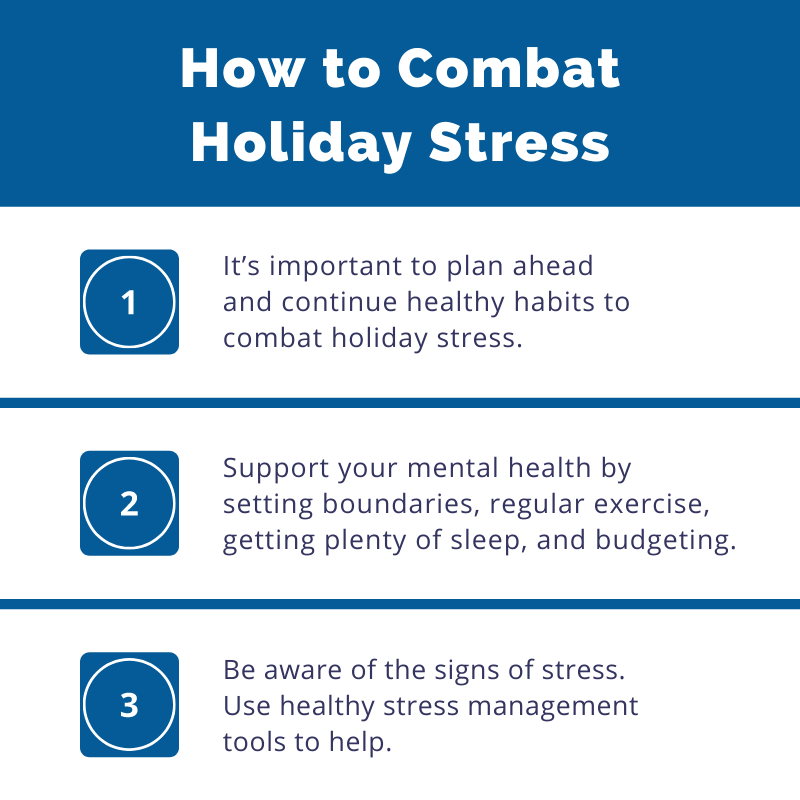Our bodies and emotions are affected by stress differently. Here are a few signs and symptoms you may experience when feeling stressed:
- Frustration
- Sadness
- Anger or aggression
- Anxiety
- Fear
- Depression
- Irritation
- Headaches
- Digestive problems
- Indigestion
- Nausea
- Heart palpitations
How Can You Manage Stress?
Sometimes stress is unavoidable or pops up even when we try to combat it. That’s OK. Have strategies on hand to combat brain fog and stress before things feel too overwhelming.
When you feel stress rising, pause and ask yourself, ‘What is stressing me out?’ Sometimes it’s helpful to write things out, make a list, or vocalize the stressor. Once you know if a situation or person is the source of stress, you’ve already taken the first step towards managing the stress.
Next, ask yourself how you manage stress when it comes up? Be honest when evaluating stress reaction patterns. Do you get headaches or stomach aches? Do you feel moodier with friends or family? Do you turn to food or alcohol to cope? Whatever your initial reaction may be, once identified, this will help you understand the next right steps to take and help you be aware of your patterns.
Changing these behavior patterns doesn’t happen overnight. Instead of trying to change your patterns all at once, address them one by one to make things feel manageable.
Support yourself with healthy habits: eating right, exercising, and getting enough sleep to help manage stress. If things feel overwhelming, don’t hesitate to reach out to friends, family, or a professional for help.
Healthy Eating During the Holidays
The holidays are known to be filled with delicious sweet treats and carb-heavy foods. Don’t deny yourself of partaking in yummy holiday traditions, but continue healthy habits throughout the holiday to feel your best. Continue healthy eating habits to feel better during the season with these tips.
- Have a plan ahead of time. Before partaking in delicious meals around the holidays, have a strategy around making healthy choices.
- Keep up your eating routine. Don’t skip meals or eat at different times to help keep blood sugar levels steady and avoid overeating.
- Balance your plate with healthy options and holiday treats. It’s okay to divulge in your favorite dessert, but consider cutting back on carbs to balance eating what you love with healthy habits.
- Offer to bring a healthy dish to events.
- Outsmart the buffet by using a small plate—it will fill up faster with your favorite foods and help you avoid overeating.
- Start the meal by eating vegetables. And eating slowly.
- Reduce alcohol intake.
- Getting a full night’s sleep helps your body maintain blood sugar so you are less likely to graze mindlessly through the day.
- Opt for pumpkin pie over pecan—it has at least one third less calories.
- Exercise in smaller, more manageable increments (Walking for at least 11 minutes a day can have dramatic benefits!)
For more healthy eating habit tips, read our article on how to eat healthy on a budget—and Happy Holidays!



